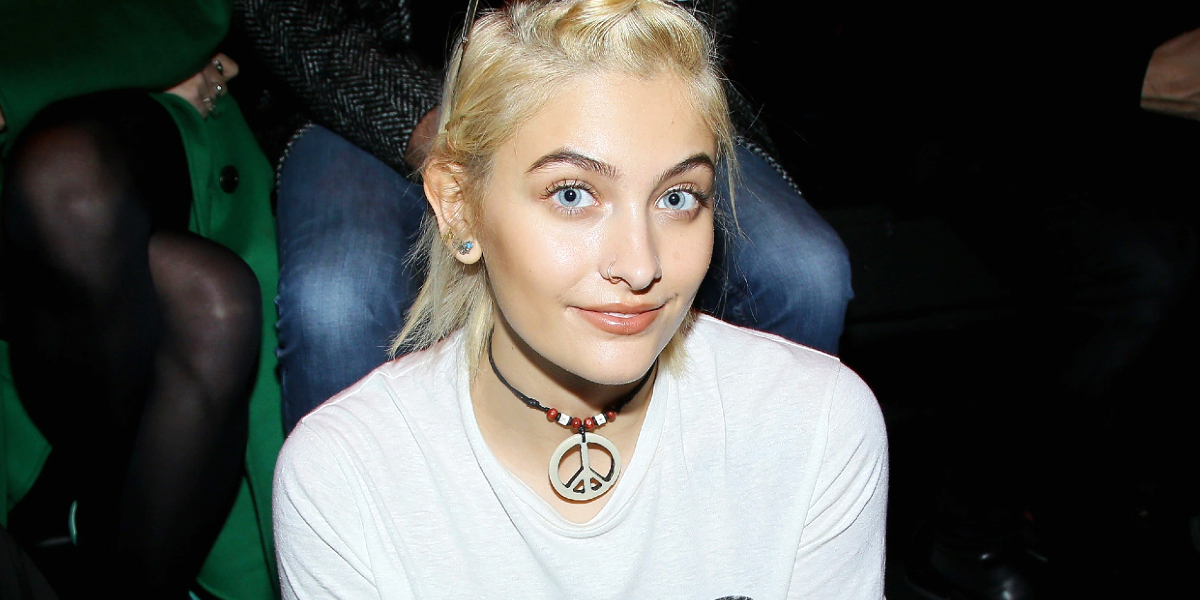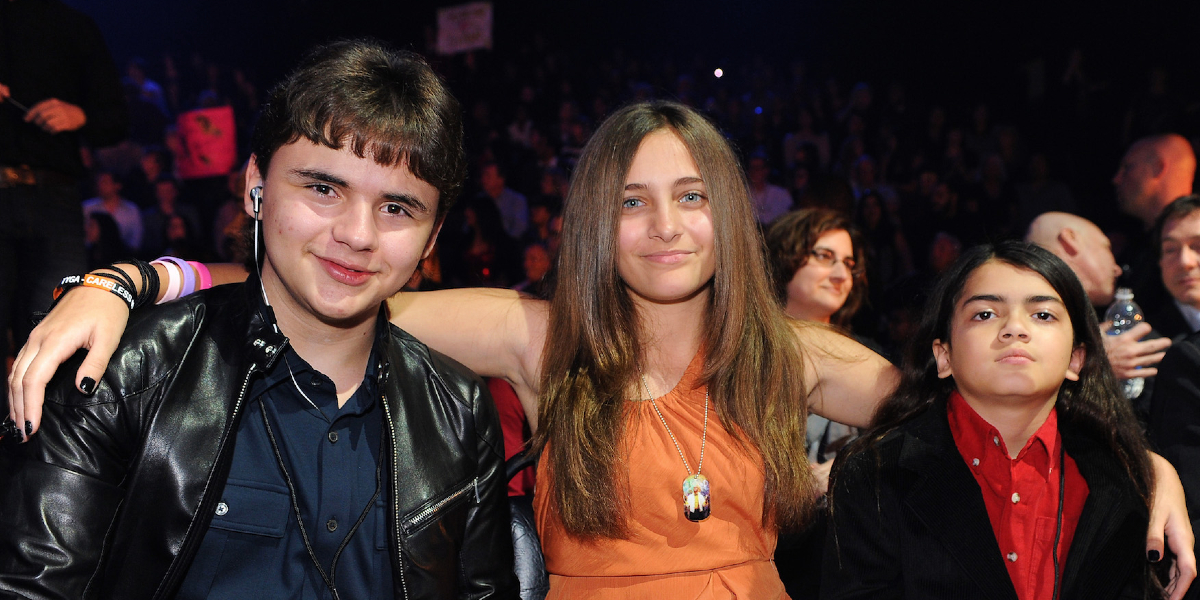The Debate Surrounding Michael Jackson's Kids
Let’s face it—Michael Jackson’s kids have been the subject of endless curiosity, and one question keeps popping up: Why do they appear white? The conversation around Prince, Paris, and Bigi (formerly known as Blanket) often centers on their fair skin, blonde hair, and blue eyes, leading some to question whether they’re truly Michael’s biological children. But before we jump to conclusions, let’s take a closer look at the facts and clear up some misconceptions.
Unpacking the Genetics
For starters, two of Michael’s children—Prince and Paris—were born to Debbie Rowe, who is of European descent. So, it’s no surprise that they inherited her lighter skin tone, blonde hair, and blue eyes. Bigi, on the other hand, was born through a surrogate mother, though the specifics of his parentage remain private. Genetics can be tricky, and sometimes traits skip generations or mix in unexpected ways. For instance, did you know that Joseph Jackson, Michael’s own father, had green eyes? It’s a fun fact that highlights just how complex family genetics can be.
Paris Jackson's Perspective
Paris, the middle child, has been vocal about her identity. Despite having light skin, she identifies as a Black woman. In interviews, she’s explained that her upbringing and connection to her father’s heritage play a big role in how she sees herself. It’s a powerful reminder that identity goes beyond skin color—it’s about culture, family, and personal experiences. Paris has addressed the confusion around her ethnicity, saying that while some people might assume she’s white, her roots tie her deeply to her father’s legacy.
Read also:Explore The World Of Trending Videos
Michael Jackson's Personal Journey
Now, let’s talk about Michael himself. Over the years, rumors swirled about him wanting to "be white." But the truth is more nuanced. Michael suffered from vitiligo, a condition that causes patches of skin to lose pigmentation. This, combined with lupus, which can affect skin texture, led to significant changes in his appearance over time. It wasn’t about trying to change who he was—it was a medical reality he had to navigate.
A Family Legacy
Michael Jackson wasn’t just a global icon; he was also a devoted father. He and Debbie Rowe had an unconventional marriage, with Rowe eventually granting full custody to Michael after their divorce. Despite the challenges, Michael prioritized his kids’ well-being, shielding them from the spotlight as much as possible when they were young. As they’ve grown into adults, Prince, Paris, and Bigi have carved out their own paths, honoring their father’s legacy in unique ways.
Addressing the Rumors
There’s no shortage of theories floating around about Michael’s kids. Some claim that Mark Lester, the actor known for playing Oliver Twist, is the biological father of Prince and Paris. Others speculate about surrogacy or adoption. While these stories make for juicy headlines, the reality is simpler: Prince and Paris are Michael and Debbie Rowe’s children, and Bigi was born via a surrogate. End of story.
Racial Identity and Perception
The conversation about race and identity is never straightforward. Biracial individuals, like Michael’s kids, often face questions about how they identify. It’s important to remember that race isn’t just about appearances—it’s about lived experiences, family connections, and personal choices. For Prince, Paris, and Bigi, their identity is deeply tied to their father’s legacy and the rich cultural heritage he instilled in them.
Where Do We Go From Here?
At the end of the day, Michael Jackson’s kids are more than just subjects of public curiosity. They’re real people navigating their own lives, careers, and identities. Whether it’s Prince speaking about his father’s influence, Paris opening up about her struggles, or Bigi embracing his creativity, they’re proving that they’re much more than the sum of their appearances. As fans, it’s our job to respect their journey and celebrate their individuality.
So, the next time someone asks, “Why do Michael Jackson’s kids look white?” you’ll have the answer. It’s not about race or conspiracy—it’s about genetics, family, and the incredible complexity of human identity. And isn’t that what makes life so fascinating?
Read also:Remembering Simon Cowell A Legacy In Music And Television


